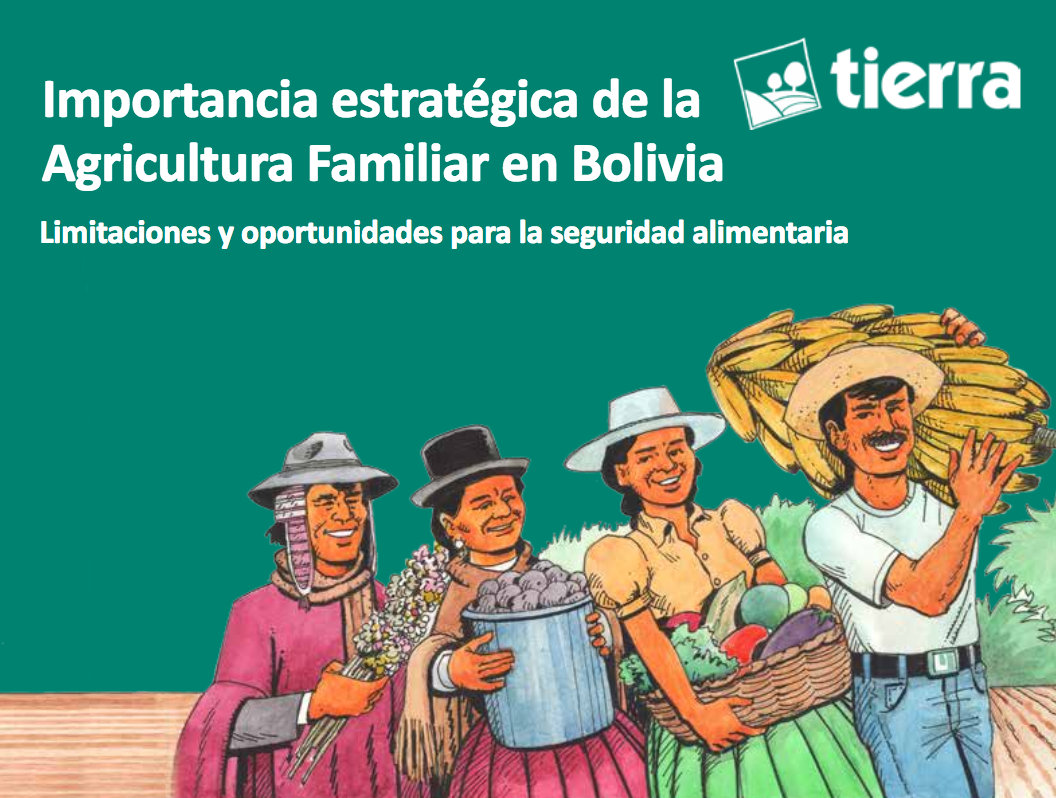Policy implications of high food prices for Africa
"African agriculture is at a crossroads. The current high food prices and the instability they have provoked in several countries have added impetus for African countries to review their agricultural policies and programs. New agricultural policies will have to be more focused on staple food crops and on their main producers-smallholders, most of whom are women. The new policies must remove constraints that impede access by smallholder farmers to the knowledge, technology, and financial services they need to increase farm productivity in a profitable and environmentally sustainable manner.












